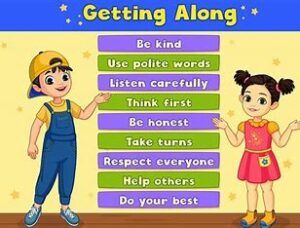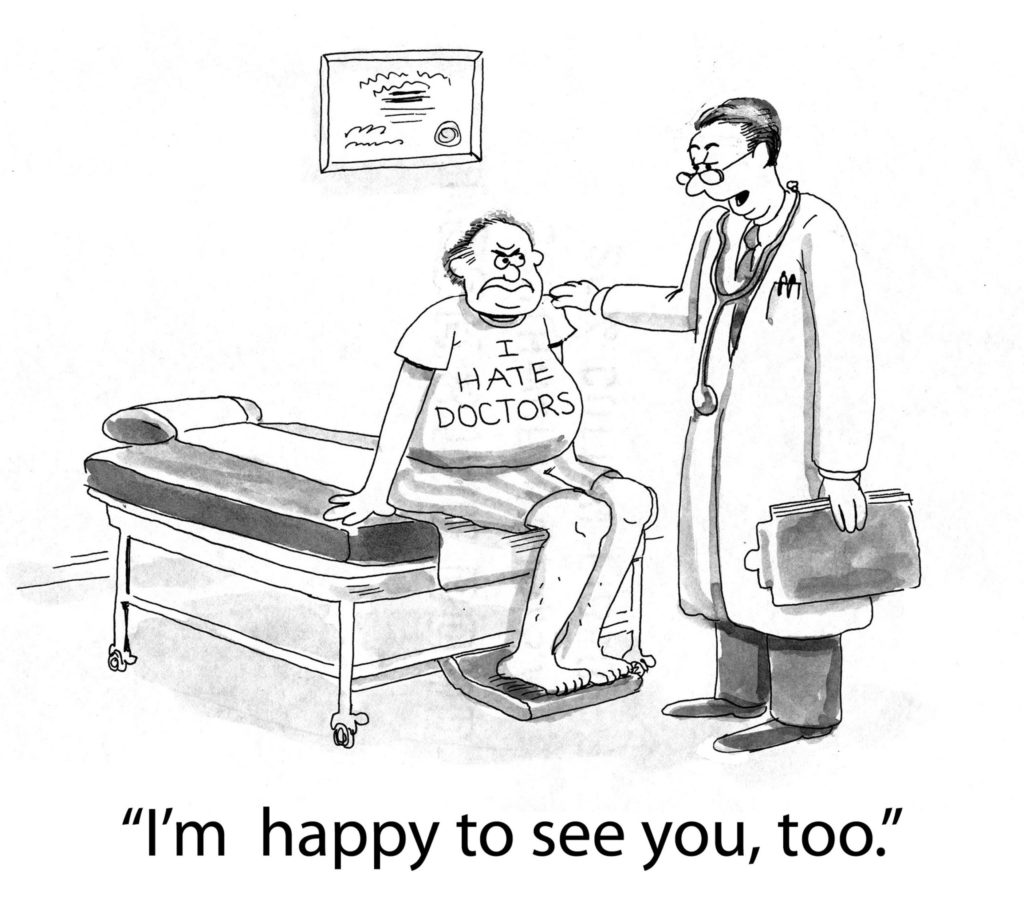A recent article titled: “Cultural competency and patient engagement” was published in the provider bulletin of the Anthem BlueCross January 2024. The article raises the importance of practicing with a cultural competency mindset, and it is stated that contracted healthcare providers with Anthem must meet the expectations and continuously improve their skills, attitude about the sensitivities of diverse cultures. Furthermore, it is stated that cultural awareness helps modify our behaviors as medical providers to respond to the needs of others while maintaining a professional level of respect and objectivity.
 The article provides a definition of the word culture: “Culture refers to integrated patterns of human behavior including language, thoughts, actions, customs, beliefs, values, and institutions that unite a group of people. We use culture to create standards for how we act and behave socially. Culture is not learned, it is shared, adaptive, and constantly changing.”
The article provides a definition of the word culture: “Culture refers to integrated patterns of human behavior including language, thoughts, actions, customs, beliefs, values, and institutions that unite a group of people. We use culture to create standards for how we act and behave socially. Culture is not learned, it is shared, adaptive, and constantly changing.”
In Cross-cultural studies, a subcategory of cultural anthropology, where researchers are analyzing people’s interaction in different social environments or within the same social environment. This study has been extended to a total of 186 cultures across the globe. Many factors such as education, religion affect how people perceive illness, disease and how they should be treated. The study of behaviors can become endless if we include people not as a group but as individuals, their personal perceptions of a medical condition and associated procedures and their personal history. It all becomes very complex. Even though we can identify common patterns that can be identified within one group or culture, we are all different as individuals.
A healthcare provider is at the center of those diverse cultures and people. It is important to create a universal language to communicate in a clinical setting. This universal language is bedside manners: focus on the patient, listen intently, do not judge, ensure privacy, do not argue and be empathetic.
Acupuncturists are trained to focus on the individual in their primary care facility. Culture and sub-culture can provide additional information to better cater to the needs of the patient however it is important to observe the patient and we shall never assume that we have all the information at the first encounter. The relationship between a medical provider and a patient is extremely complex and it lays on a delicate balance. Most of the time the patient needs time to provide additional that might be relevant to better treat the condition.
 Beyond cultural competency, the provider needs to become fluent in the universal language, bedside manners, which will facilitate the navigation across cultures.
Beyond cultural competency, the provider needs to become fluent in the universal language, bedside manners, which will facilitate the navigation across cultures.
Culture competency and fluency in the universal language will provide all the tools necessary to approach each patient with the right attitude but again, we shall never assume, and we shall always listen to the patient’s story.



